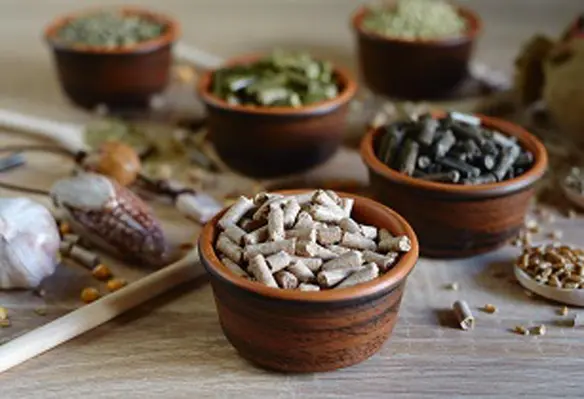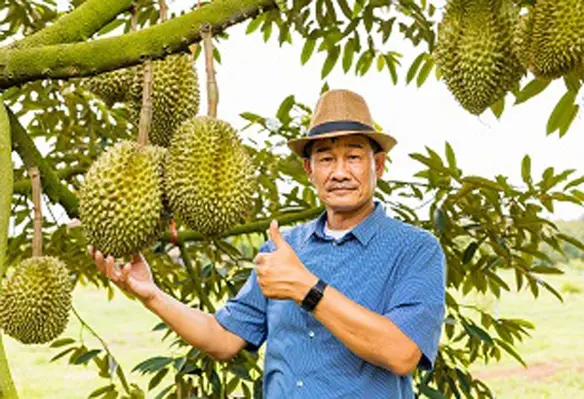
The agreement’s objectives aim at promoting sustainable natural resources utilisation and management. (Image source: Adobe Stock)
The Food and Agriculture Organisation of the United Nations (FAO) and the Secretariat of the Pacific Regional Environment Programme (SPREP) have signed an MoU, to enhance their collaboration to build more sustainable and resilient food systems for the benefit of all in the Pacific Islands






